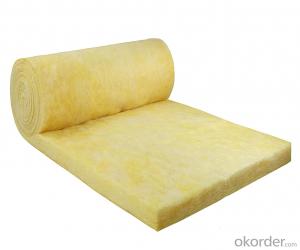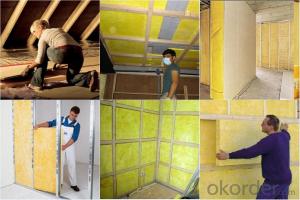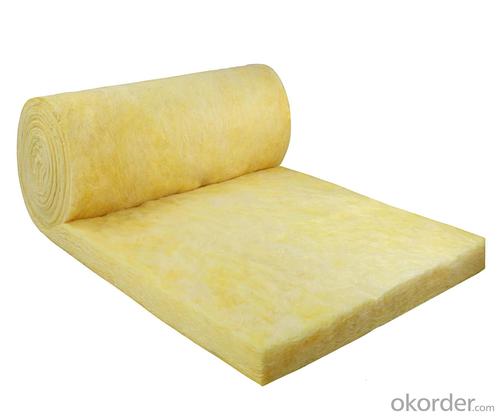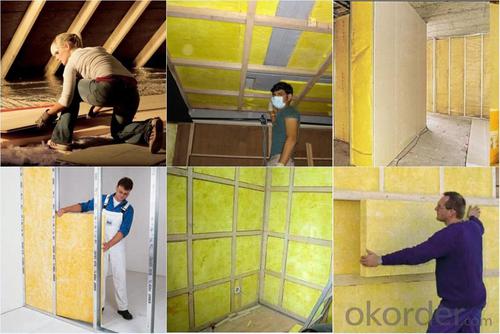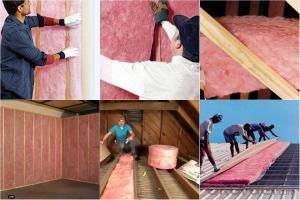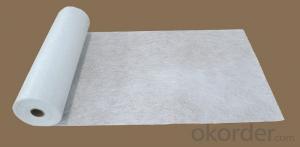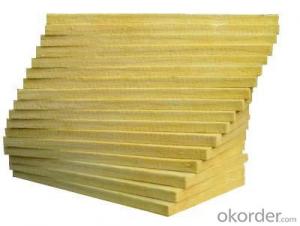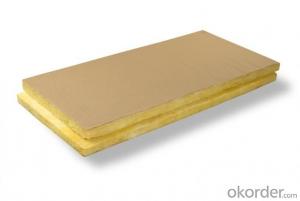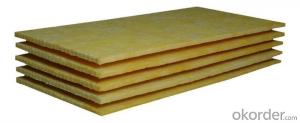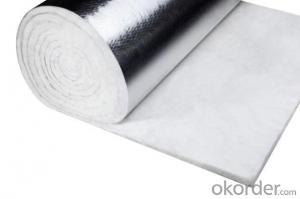Fiberglass Mat Tissue Fiber Glass Wool Blanket Insulation
- Loading Port:
- Tianjin
- Payment Terms:
- TT OR LC
- Min Order Qty:
- 5000 m²
- Supply Capability:
- 20000 m²/month
OKorder Service Pledge
OKorder Financial Service
You Might Also Like
1.Description of Glass Wool Blanket:
Vacuum compressed packing in plastic PP/PE bag and plastic woven bag.
To increase loading quantity and reduce cost of transportation, all exported glass wool blanket would be packed
vacuum. However, due to excellent rebound property, when reach to destination our glass wool will rebound
almost to the original level within 1day after been unpacked.
At the system HOT END, the raw materials are dosed, mixed, melted, fiberized, impregnated with a special binder and formed into a primitive mat of very fine fiber glass. Continuous conveyors transport the mat to the COLD END of the plant for binder polymerization. The product is then cut to shape and packed for shipping.
2.Main features of Glass Wool Blanket:
1) Heat insulation and heat preservation, sound adsorption and noise reduction
2) Low slag indusion content, thin and long inner fiber
3) Thermal stability, stable and high efficiency for a long time
4) High temperature heat-stability, durability, high temperature shrinkage resistance
3.Glass Wool Blanket Images:
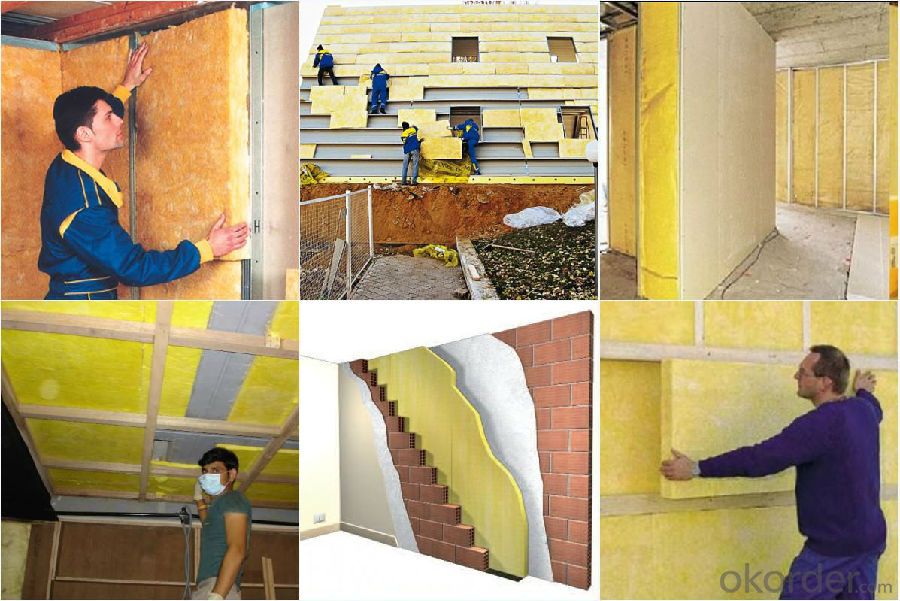
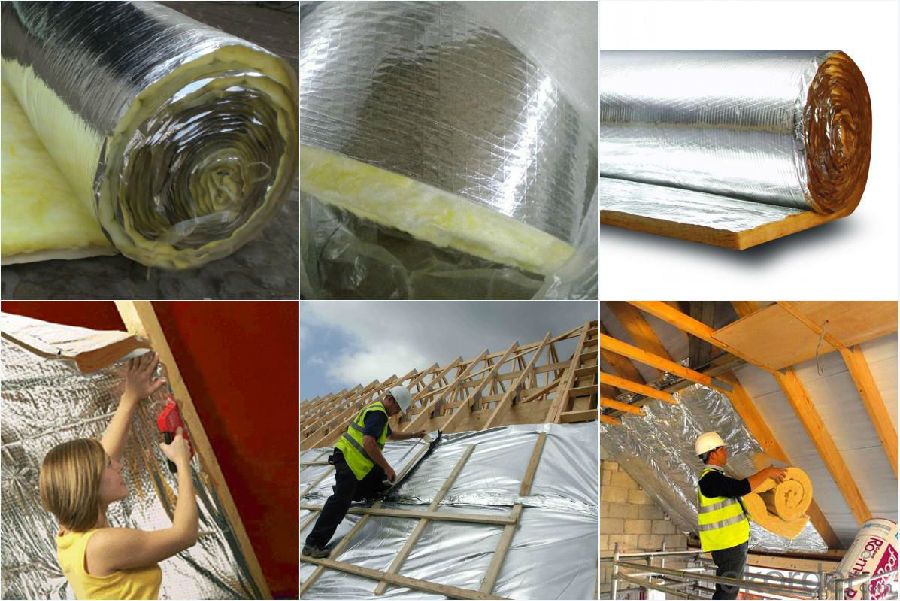
4. Glass Wool Insulation Blanket Technical Parameters:
Property | High/low temperature resistance, oil and fuel resistance, weathering resistance, O zone resistance etc. |
Shape | According to your requirement. |
Color | Any color is available ,according to your requirements. |
Material | NBR, CR, SBR, EPDM, IIR, NR, EP, Silicone, VITON etc. |
Hardness | 30-90ShoreA |
Delivery | In 10 days |
Packing | Plastic bag & carton box or according to your requirements. |
Application | Electronic field, industrial machine & equipment, house-hold appliance, telecommunication, automobile, medical equipment industry etc. |
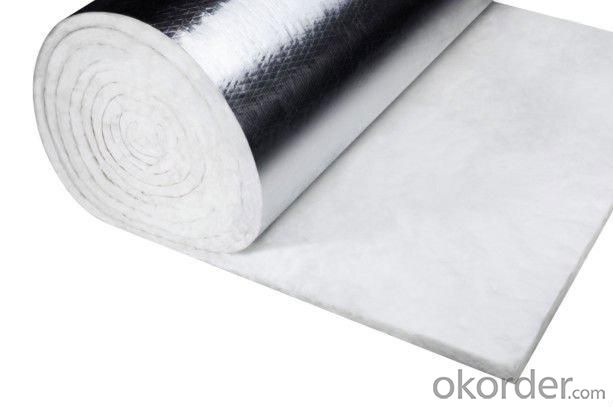
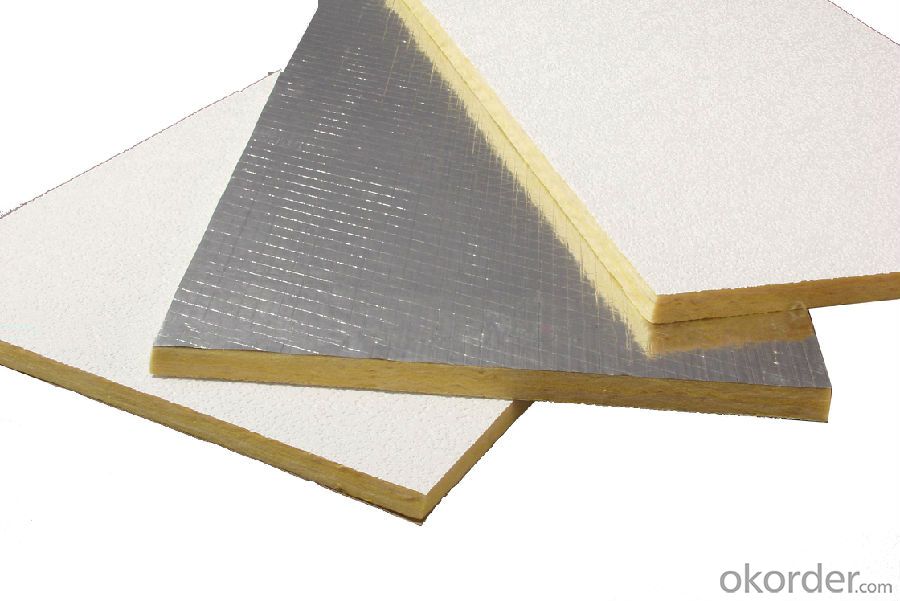
5.FAQ
We have organized several common questions for our clients,may help you sincerely:
①How about your company?
A world class manufacturer & supplier of Glass Wool Blanket is one of the large scale professional investment casting production bases in China,consisting of both casting foundry forging and machining factory. Annually more than 8000 tons Precision casting and forging parts are exported to markets in Europe,America and Japan. OEM casting and forging service available according to customer’s requirement.
②How to guarantee the quality of the products?
We have established the international advanced quality management system every link from raw material to final product we have strict quality test; We resolutely put an end to unqualified products flowing into the market. At the same time, we will provide necessary follow-up service assurance.
- Q: Is fiberglass mat tissue suitable for underground applications?
- Fiberglass mat tissue is indeed suitable for underground applications. This material is commonly used in various industries, including construction, infrastructure, and plumbing, due to its exceptional strength, durability, and resistance to environmental factors. Underground environments often pose challenges such as moisture, high humidity, and corrosive substances, which can compromise the integrity of traditional materials. However, fiberglass mat tissue is specifically designed to withstand these conditions, making it an ideal choice for underground applications. Additionally, its non-combustible nature and resistance to chemicals make it a reliable option for areas where fire safety is a concern. Overall, fiberglass mat tissue is a versatile and reliable material that can effectively withstand the challenges of underground environments.
- Q: Is fiberglass mat tissue suitable for insulation in wastewater treatment plants?
- Yes, fiberglass mat tissue is suitable for insulation in wastewater treatment plants. It is a commonly used material for insulation due to its excellent thermal resistance, resistance to moisture and chemicals, and its ability to withstand high temperatures. Additionally, fiberglass mat tissue is lightweight and easy to install, making it an efficient choice for insulation in wastewater treatment plants.
- Q: How does fiberglass mat tissue perform in terms of moisture resistance?
- Fiberglass mat tissue is known for its excellent moisture resistance properties. The material is made up of tightly woven fiberglass strands, which create a barrier against moisture penetration. This makes it highly effective in preventing water or moisture from seeping through and damaging underlying surfaces or structures. Additionally, the resin used to bind the fiberglass strands together also adds an extra layer of protection against moisture, making it even more resistant to water and humidity. Overall, fiberglass mat tissue is a reliable choice when it comes to moisture resistance, making it suitable for various applications where preventing water damage is crucial.
- Q: Is fiberglass mat tissue resistant to mold and mildew?
- Yes, fiberglass mat tissue is resistant to mold and mildew due to its non-porous and moisture-resistant properties.
- Q: What is the tensile strength of fiberglass mat tissue?
- The tensile strength of fiberglass mat tissue varies depending on its specific composition and thickness, but it is generally known to have high tensile strength ranging from 200 to 600 MPa (megapascals).
- Q: How does fiberglass mat tissue compare to mineral wool insulation?
- Fiberglass mat tissue and mineral wool insulation have different properties and applications. Fiberglass mat tissue is typically used as a reinforcement material for composites or as a facing material for insulation products. It provides good strength, flexibility, and resistance to moisture. On the other hand, mineral wool insulation is primarily used for thermal and acoustic insulation in buildings. It offers excellent fire resistance, sound absorption, and thermal performance. While both materials have their own advantages, the choice between them depends on the specific requirements of the project.
- Q: What are the recommended storage and handling practices for fiberglass mat tissue?
- When it comes to the storage and handling of fiberglass mat tissue, there are a few recommended practices that should be followed to ensure its integrity and longevity. 1. Storage: It is important to store fiberglass mat tissue in a clean and dry environment. This helps prevent any moisture or dirt from damaging the material. Ideally, it should be stored indoors away from direct sunlight and extreme temperatures. 2. Handling: Fiberglass mat tissue is a delicate material that can be easily damaged if not handled properly. It is recommended to wear protective gloves and safety glasses when handling it to prevent any injuries. Additionally, it should be handled with care to avoid any tears or creases that may compromise its performance. 3. Transportation: During transportation, it is crucial to pack fiberglass mat tissue in a way that minimizes the risk of damage. It should be securely packaged and protected from any potential impact or vibration. If possible, it is best to transport it in a dedicated vehicle or container to ensure its safety. 4. Avoid contact with chemicals: Fiberglass mat tissue should not come into contact with chemicals such as acids, alkalis, or solvents. These substances can cause degradation and weaken the material. It is important to handle it with clean hands and avoid any contact with substances that may be harmful. 5. Follow manufacturer's guidelines: It is always advisable to follow the specific recommendations provided by the manufacturer regarding the storage and handling of fiberglass mat tissue. Different manufacturers may have slightly different requirements, and it is important to adhere to them for optimal performance and longevity. By following these recommended storage and handling practices, you can ensure that fiberglass mat tissue remains in good condition, ready for its intended use.
- Q: Is fiberglass mat tissue water-resistant?
- Yes, fiberglass mat tissue is water-resistant.
- Q: How does fiberglass mat tissue compare to cellulose insulation?
- Fiberglass mat tissue and cellulose insulation differ in terms of material composition and insulation properties. Fiberglass mat tissue is made from fine glass fibers, while cellulose insulation is composed of recycled paper fibers treated with fire-retardant chemicals. Fiberglass mat tissue offers higher R-value, meaning it provides better thermal insulation and energy efficiency. Additionally, it is resistant to moisture and does not promote mold growth. On the other hand, cellulose insulation is more affordable, environmentally friendly, and provides better sound insulation. Ultimately, the choice between the two depends on specific insulation needs, budget, and environmental considerations.
- Q: What is the thermal stability of fiberglass mat tissue?
- The thermal stability of fiberglass mat tissue refers to its ability to withstand high temperatures without experiencing significant degradation or loss of its physical properties. Fiberglass mat tissue is typically made from woven or non-woven glass fibers, which are known for their excellent thermal resistance. Fiberglass mat tissue can typically withstand temperatures ranging from around 100°C (212°F) to 500°C (932°F) depending on the specific type and composition. At these temperatures, the glass fibers maintain their strength, dimensional stability, and insulation properties. The thermal stability of fiberglass mat tissue is important in various applications where exposure to high temperatures is expected. For example, it is commonly used in the construction industry for insulation purposes in buildings, as it is capable of withstanding the heat generated by HVAC systems or fire. In addition, the thermal stability of fiberglass mat tissue is also crucial in industries such as automotive, aerospace, and marine, where it is used for heat shielding, fire protection, and insulation in engine compartments, exhaust systems, and other high-temperature environments. Overall, the thermal stability of fiberglass mat tissue makes it a reliable and durable material choice for applications requiring resistance to high temperatures. Its ability to maintain its properties under extreme heat conditions ensures long-lasting performance and safety in various industries.
Send your message to us
Fiberglass Mat Tissue Fiber Glass Wool Blanket Insulation
- Loading Port:
- Tianjin
- Payment Terms:
- TT OR LC
- Min Order Qty:
- 5000 m²
- Supply Capability:
- 20000 m²/month
OKorder Service Pledge
OKorder Financial Service
Similar products
Hot products
Hot Searches
Related keywords
